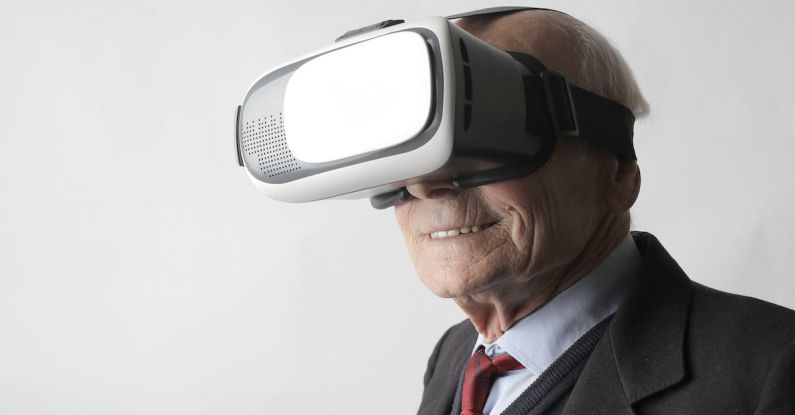What Is the Impact of Virtual Reality on Wellbeing?
In recent years, virtual reality (VR) has become increasingly popular, with its applications extending beyond gaming and entertainment. One area that has gained significant attention is the impact of virtual reality on wellbeing. This article explores the potential benefits and drawbacks of VR on various aspects of wellbeing.
Enhancing Mental Health
Virtual reality has shown promise in improving mental health conditions such as anxiety and phobias. Exposure therapy, a technique used to treat anxiety disorders, involves gradually exposing individuals to their fears in a controlled environment. VR provides a safe and realistic setting for exposure therapy, allowing individuals to confront their fears without the associated risks. Studies have shown that VR exposure therapy can be as effective as traditional therapy methods, leading to reduced anxiety and improved overall mental wellbeing.
Promoting Physical Health
Beyond mental health, virtual reality also has the potential to promote physical wellbeing. VR fitness games and applications offer an immersive and engaging way to exercise, making workouts more enjoyable and motivating. These experiences can help individuals maintain an active lifestyle, which is crucial for maintaining a healthy body and mind.
Moreover, VR has been utilized in physical rehabilitation programs. Patients recovering from injuries or surgeries can use VR to engage in virtual activities that simulate real-life movements. This technology can improve motor skills, balance, and coordination, all of which are vital for physical recovery. By making rehabilitation more interactive and stimulating, VR can enhance the overall wellbeing of patients.
Fostering Social Connections
One of the criticisms of virtual reality is the potential for it to isolate individuals from real-world social interactions. However, VR has also shown promise in fostering social connections, particularly for those who may face barriers to socialization in the physical world.
Virtual reality can bring people together in shared virtual spaces, allowing them to interact and communicate in ways that mimic real-life interactions. This can be particularly beneficial for individuals with disabilities, social anxiety, or limited mobility. By providing a sense of presence and connection, VR can help combat feelings of loneliness and improve overall social wellbeing.
Improving Education and Training
Virtual reality has the potential to revolutionize education and training, providing immersive and experiential learning opportunities. By creating virtual environments, students can explore and engage with subjects in ways that traditional classroom settings cannot replicate.
Medical students, for example, can use VR to practice surgeries or simulate complicated medical procedures. This hands-on experience can enhance their skills and confidence, ultimately improving patient outcomes. Similarly, VR can be used in various industries to train employees in hazardous or high-stress environments, minimizing risks and enhancing job performance.
Challenges and Considerations
While virtual reality offers numerous potential benefits for wellbeing, there are also challenges and considerations to be aware of. One concern is the potential for addiction or excessive use of VR, which can negatively impact mental and physical health. It is essential to use VR in moderation and maintain a healthy balance between virtual experiences and real-world interactions.
Additionally, the accessibility and affordability of VR technology may limit its reach, particularly for individuals in lower-income communities. Efforts should be made to ensure equitable access to VR experiences to maximize its potential impact on wellbeing.
In conclusion, virtual reality has the potential to significantly impact various aspects of wellbeing. From enhancing mental health to promoting physical fitness, fostering social connections, and revolutionizing education and training, VR holds promise for improving the overall quality of life. However, it is crucial to approach VR use mindfully, ensuring moderation and accessibility to reap its full benefits while minimizing potential drawbacks.






